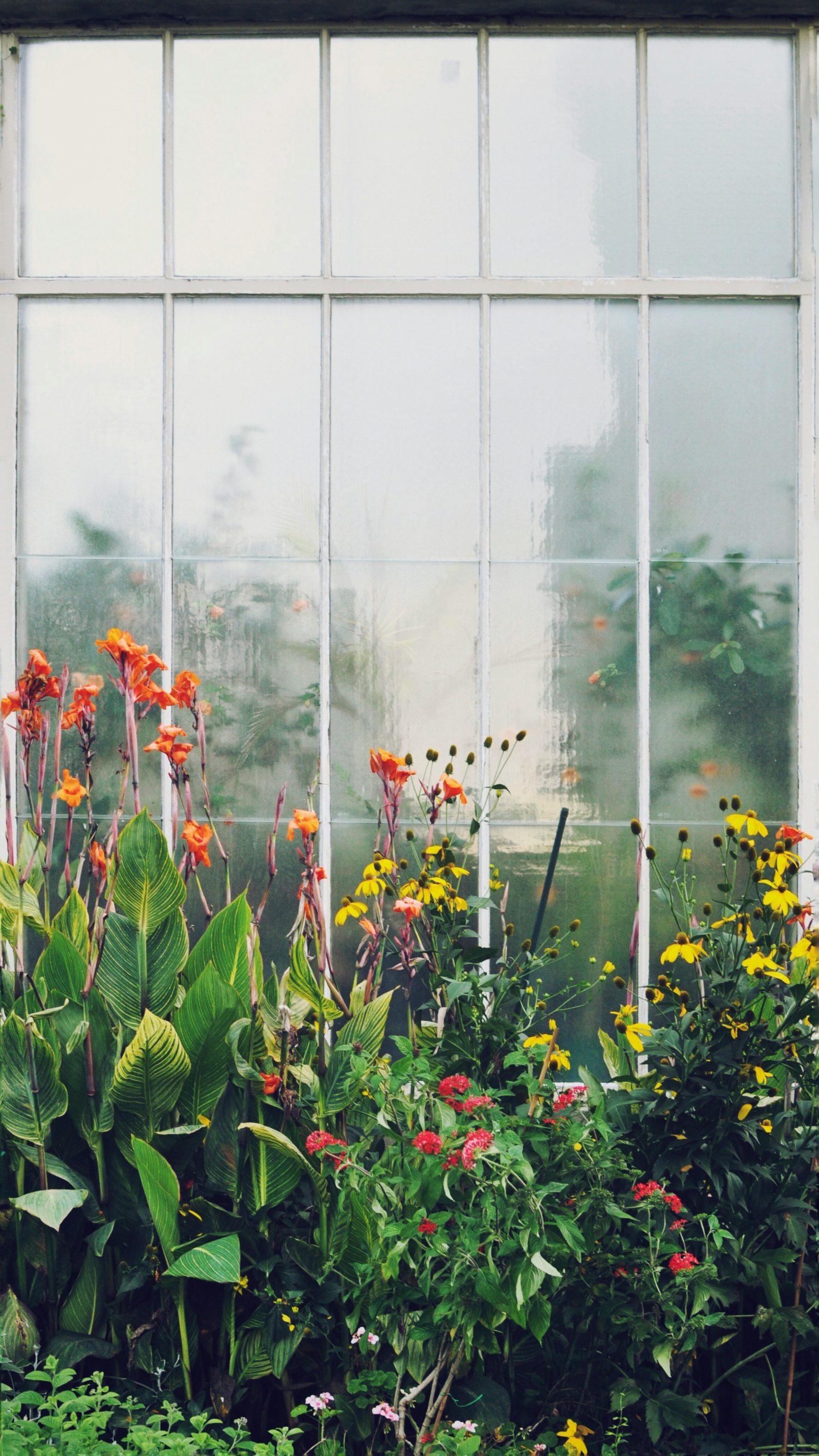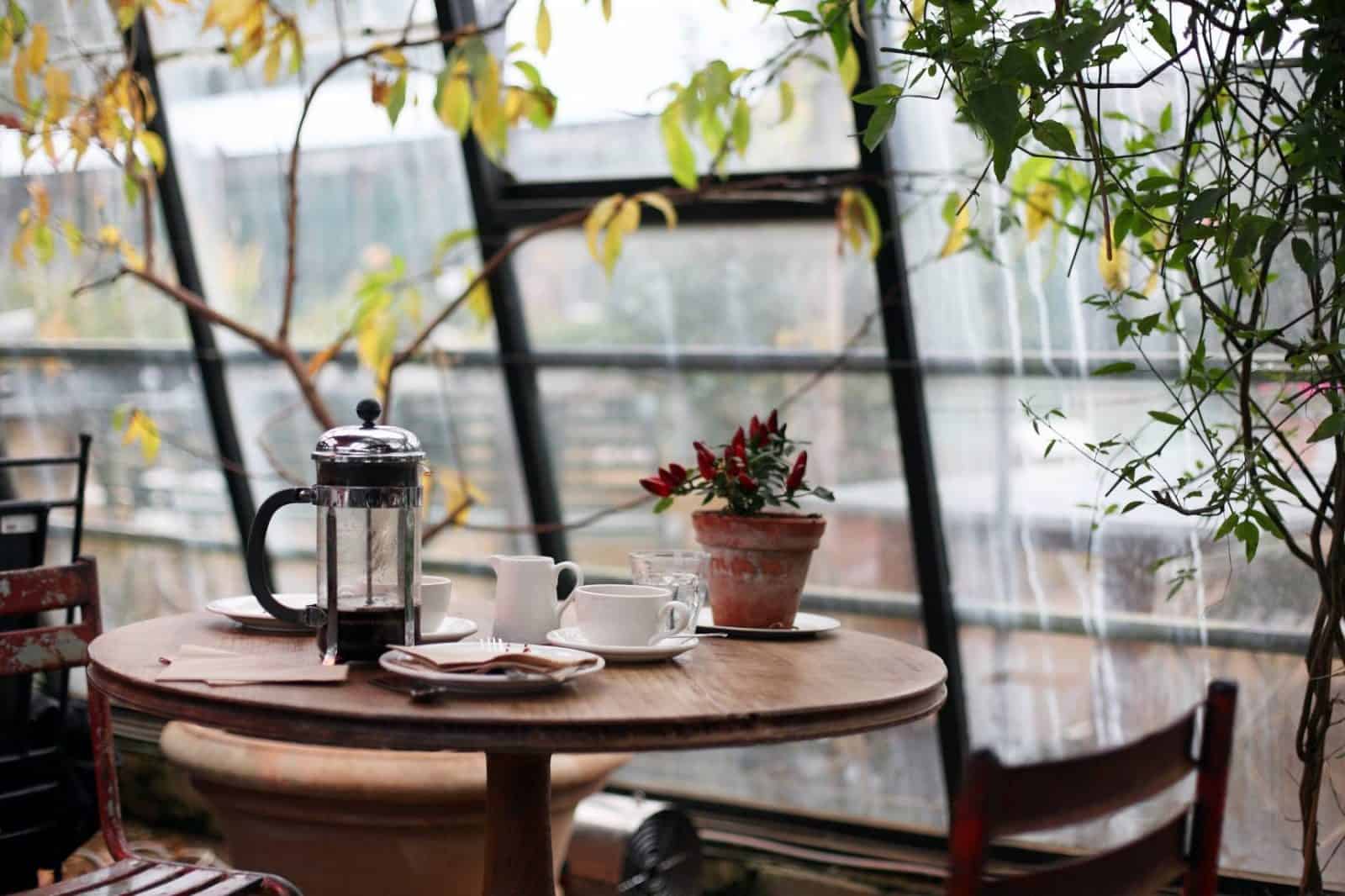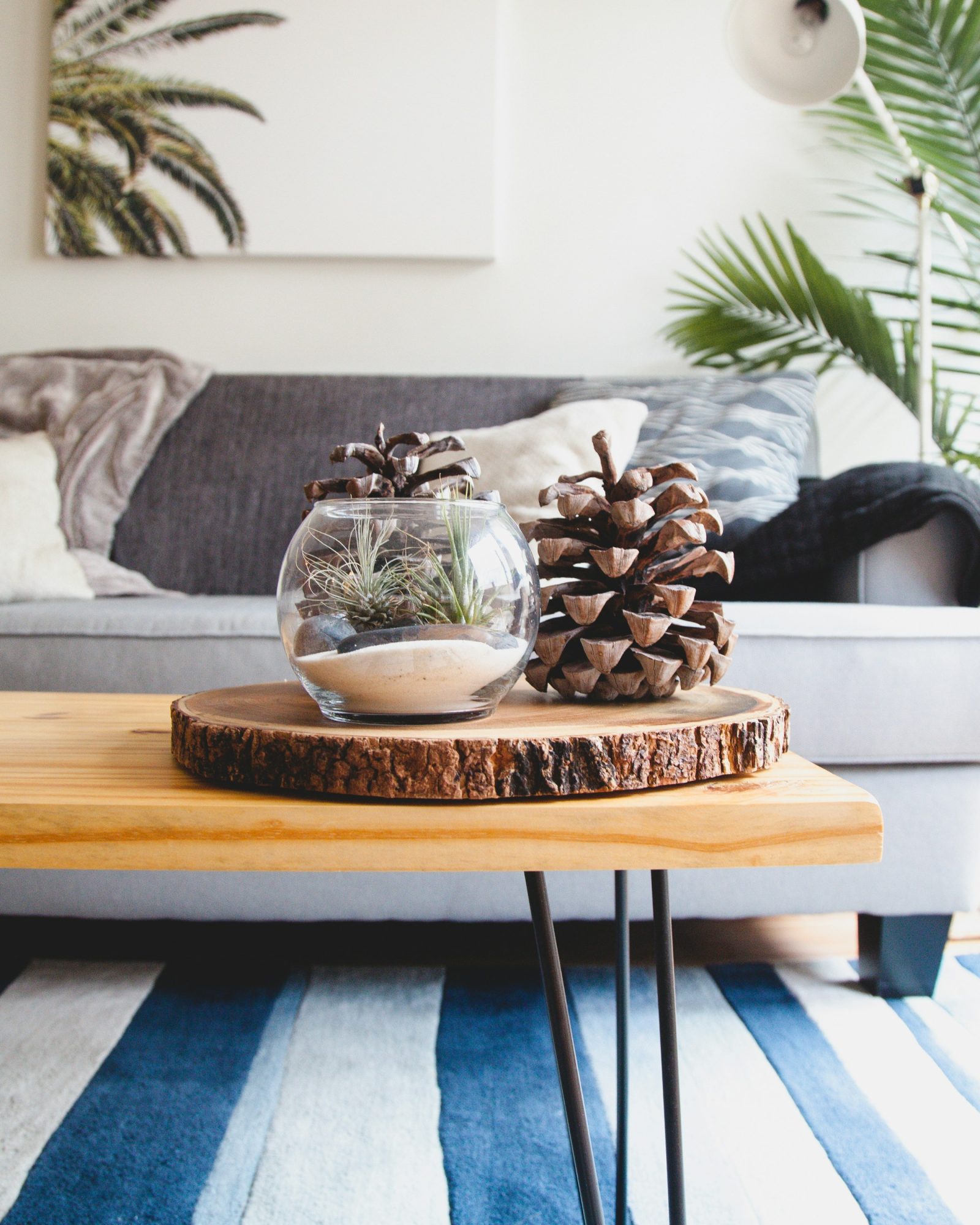7 Things You Should Never Keep in Your Conservatory – let’s take a look.
A conservatory is often seen as a beautiful addition to any home. It’s a place where you can enjoy the outdoors while staying comfortably inside, offering the perfect setting for relaxation, socializing, or enjoying a cup of coffee on a sunny afternoon. However, while conservatories are versatile spaces, they can also be prone to specific issues if not carefully managed. Certain items are best avoided in these spaces due to the unique environmental conditions found there. Whether you have a traditional glass-walled conservatory or a more modern setup, understanding what not to keep in the space can help you preserve both its functionality and aesthetic appeal.
In this guide, we’ll walk you through 7 things you should never keep in your conservatory—and why these items can cause harm or diminish the overall experience of your lovely sunroom.
Things You Should Never Keep in Your Conservatory
1. Heavy Furniture
One of the first things that may come to mind when designing or decorating your conservatory is furniture. A comfortable armchair or a luxurious sofa might seem like the perfect addition to the space. However, heavy furniture should be kept out of your conservatory for several reasons.
Impact on the Flooring
Conservatories often have wooden or tiled flooring, which can be sensitive to the weight of large, heavy furniture. Over time, this can cause indentations or scratches. Imagine placing a large armchair in the middle of the room only to find permanent marks left on the floor.
Overcrowding the Space
Conservatories are often small, open spaces that are meant to feel airy and light. By adding large, bulky furniture, you may inadvertently crowd the space, making it feel cramped and less enjoyable. A cluttered conservatory is less inviting, and the purpose of this room is to provide a sense of relaxation and openness.
Light and Airy Aesthetic
As author and interior designer William Morris once said, “Have nothing in your house that you do not know to be useful, or believe to be beautiful.” The idea of a conservatory is to bring the beauty of the outdoors indoors, with plenty of light, fresh air, and open space. Heavy furniture contradicts this concept and may make the room feel more like a traditional living room rather than an open and breezy retreat.
Alternatives: Instead of bulky sofas and chairs, opt for lightweight furniture made of wicker, metal, or light wood. These materials not only complement the airy feel of the conservatory but are also easier to move if you ever need to rearrange the space. Find more ideas here.
2. Electronics
When it comes to electronics, we all know that heat and humidity are the two main enemies of our gadgets. It can be tempting to place a TV, laptop, or stereo system in your conservatory, especially if the room is connected to the main living areas and seems like an ideal spot for entertainment.
Heat and Humidity Risks
Conservatories are often exposed to direct sunlight and significant temperature changes throughout the day. These temperature fluctuations can be problematic for sensitive electronics. Even in well-ventilated spaces, heat can build up during sunny days, causing electronics to overheat. This not only affects their performance but can also shorten their lifespan.
Potential Damage to Electronics
Electronics such as televisions, computers, or sound systems are designed to function best in temperature-controlled environments. The fluctuating heat in your conservatory can cause these devices to malfunction or even become permanently damaged. Additionally, the humidity in the room can cause internal components to rust or degrade.
Practical Considerations
Many conservatories are used for enjoying nature, having a cup of tea, or reading a book—activities that don’t require the presence of electronics. The key to maintaining the peaceful and natural atmosphere of a conservatory is to minimize distractions like televisions or computers.
Alternatives: If you must have electronics in your conservatory, consider purchasing climate-controlled cases or enclosures to protect your devices. However, the best practice is to keep electronics out of this space to preserve the atmosphere you’ve worked hard to create.
3. Houseplants That Need Low Light
One of the main attractions of a conservatory is its natural light. Whether you have a space full of glass panels or a skylight, your conservatory is bathed in sunlight, which makes it a great environment for many types of houseplants. However, not all plants thrive in direct sunlight.
Understanding Light Requirements
Some houseplants, such as ferns or peace lilies, prefer low-light environments. These plants are often better suited to rooms that receive minimal sunlight, as they can struggle in bright, direct light. Placing such plants in your conservatory may cause them to suffer or even die, as they are not adapted to survive in those conditions.
Overexposure to Sunlight
Plants that thrive in low light conditions can experience leaf burn or dehydration if they are placed in a conservatory with strong, direct sunlight. This may result in brown, crispy edges on the leaves or an overall decline in plant health.
Environmental Match
In her famous quote, horticulturist Gertrude Jekyll stated, “A garden is a grand teacher. It teaches patience and careful watchfulness; it teaches industry and thrift; above all it teaches entire trust.” This idea of patience and care extends to choosing plants that are well-suited to their environment. The conservatory should enhance the plants’ health, not hinder it.
Alternatives: Stick to plants that thrive in bright, sunny conditions, such as succulents, cacti, or Mediterranean herbs. These plants will not only thrive in the bright light of the conservatory but also add character and beauty to the space.
4. Important Documents
It might seem harmless to store a few important documents, books, or papers in your conservatory, especially if you want to keep them close by. However, this is a mistake that could result in damage.
Exposure to Heat and Sunlight
Heat and sunlight can cause papers to fade, discolor, or become brittle over time. If you keep sensitive documents in a conservatory, they may degrade much faster than if they were stored in a cooler, darker environment.
Preservation of Materials
Documents such as photographs, legal papers, and artwork are especially vulnerable to environmental conditions. Exposure to the elements in a conservatory can cause ink to fade, paper to warp, and materials to become fragile. In the worst-case scenario, essential documents could be permanently ruined.
The Importance of Proper Storage
As the famous saying goes, “Don’t let the sun set on your papers.” This reminds us of the importance of keeping sensitive materials in a safe, controlled environment. To ensure their preservation, store your important documents in cabinets, drawers, or safes that are kept away from the fluctuating temperatures of the conservatory.
Alternatives: Consider investing in climate-controlled storage solutions or keep your important documents in a more suitable room of the house. This way, they can stay in optimal condition for years to come.
5. Pets – Things You Should Never Keep in Your Conservatory: A Complete Guide
Conservatories are often beautiful spaces where you can unwind and connect with nature. While it may be tempting to let your pets roam freely in the conservatory, it’s generally not a good idea.
Potential Damage to Furniture and Plants
Pets, especially cats and dogs, may not be aware of the fragility of certain items in your conservatory. They could knock over plants, scratch furniture, or even cause damage to the structure of the room. For example, a curious cat might climb onto shelves and knock over delicate plants, while a dog might chew on the furniture or trample over plants.
Uncomfortable Environmental Conditions
Conservatories can sometimes become very hot, especially in the summer, and pets may not always be able to find a comfortable space in such a warm environment. Just like humans, pets need a comfortable place to rest, and the intense heat or cold can make them uncomfortable or even sick.
Health and Safety Concerns
The presence of cleaning chemicals, insects, or sharp objects in the conservatory can pose a danger to pets. Keeping your pets in a safe, temperature-controlled part of the house is much better for their health and well-being.
Alternatives: If you want your pets to enjoy the conservatory with you, consider spending time in the space together but always supervise them. Make sure they have access to a comfortable, cool area where they can rest.
6. Perishable Foods
It might be convenient to keep some fresh fruit, snacks, or drinks in the conservatory while you relax, but perishable foods should never be stored there.
Temperature Fluctuations
The temperature in a conservatory can fluctuate rapidly depending on the time of day and the weather. These changes can cause perishable foods, like fruit, dairy, or meats, to spoil quickly. The high temperatures in the conservatory can lead to bacterial growth or mold formation on food, making it unsafe to consume.
Attracting Pests
The warm environment of a conservatory can attract unwanted pests, such as flies or ants. Storing food in the conservatory increases the chances of attracting these pests, which could spread to other parts of your home.
Alternatives: Keep perishable foods in your kitchen or refrigerator, where they will stay fresh and safe. If you want to have snacks in the conservatory, opt for items that don’t require refrigeration, such as nuts, dried fruits, or packaged treats.
7. Cleaning Chemicals
Lastly, it’s important to avoid storing cleaning chemicals or toxic substances in your conservatory. While it might seem like a convenient spot, this is a risky choice for several reasons.
Fumes and Chemicals
The heat in the conservatory can cause cleaning products to release fumes, which could be harmful to your health. Prolonged exposure to these fumes can cause headaches, dizziness, and respiratory issues. The warm environment may also cause the chemicals to break down or become unstable, making them potentially hazardous.
Child and Pet Safety
If you have children or pets in your home, it’s especially important to store cleaning products securely. The conservatory may be an easily accessible space for curious little ones or animals. Mishandling or ingesting cleaning chemicals can result in serious health risks.
Alternatives: Store cleaning products in a secure cabinet or storage area away from your conservatory, ideally in a cool, dry, and well-ventilated space.
Conclusion: 7 Things You Should Never Keep in Your Conservatory
In conclusion, while your conservatory is a beautiful and functional space, it’s essential to carefully consider what items are appropriate for it. By avoiding heavy furniture, electronics, low-light plants, important documents, pets, perishable foods, and cleaning chemicals, you can ensure your conservatory remains a space of serenity, light, and natural beauty.
By carefully curating the items you keep in your conservatory, you’ll not only extend the life of your furniture, plants, and electronics, but you’ll also maintain the peaceful, airy atmosphere that makes this space so enjoyable. So, take the time to create a thoughtful, inviting space that reflects the beauty of nature while also supporting your lifestyle.






